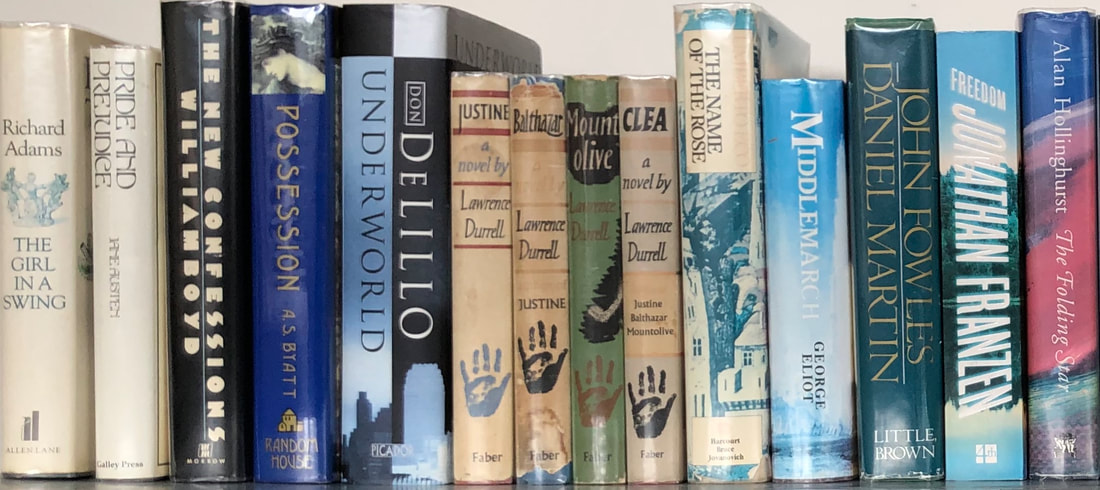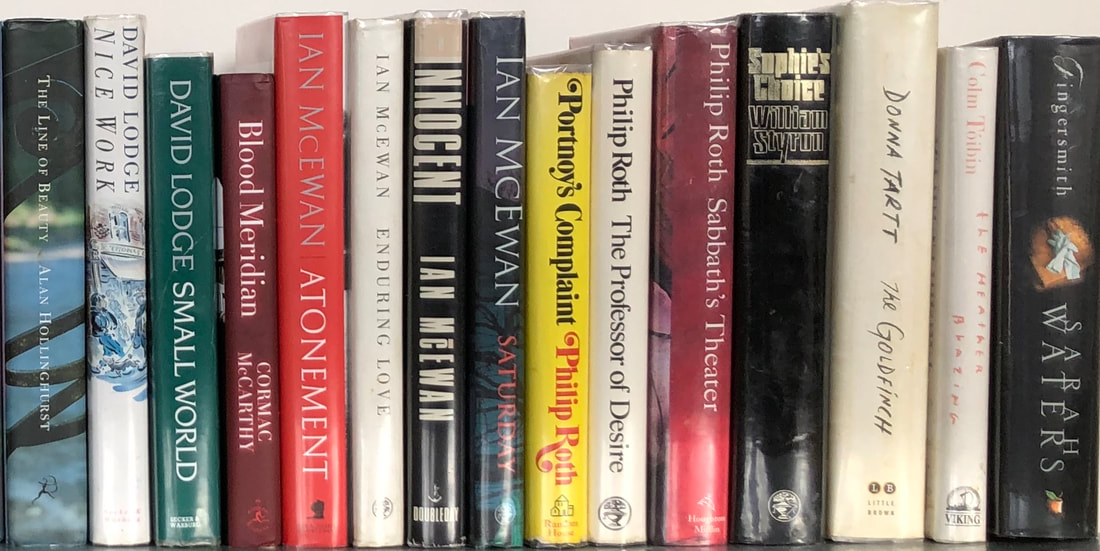DISCUSSION QUESTIONS FOR BOOK GROUPS
The Tolstoy Estate
- Paul writes to Katerina: ‘Thwarted love is stronger, more enduring than the domesticated kind.’ Would you agree? Do you think that is a factor in their enduring love?
- ‘The century has sunk its teeth into us,’ Katerina writes in one of her letters to Bauer, ‘and even now is mindlessly shaking us about.’ Does adversity deepen or even ennoble the lives of those who live through ‘interesting times’? In comparison, is a life passed in peace and prosperity often meaningless and dull?
- What did you think when the first letter was introduced into the narrative? Did it shock you? Did it change your mind about the novel or change the way you read it? Did it reduce the tension for you or increase it?
- Siegfried Weidemann advises Bauer to ‘Focus on your own job. Don’t look left or right. Obey orders and let someone else fret about the rest.’ What do you think of this advice? In your family, your workplace, your locality or your nation, is it unethical, necessary or reckless to disregard politics?
- Bauer is a moral man, acting in an immoral cause. Do you agree with that statement? In your opinion, is it immoral for Bauer and his comrades to put their medical expertise at the disposal of what Katerina calls ‘the German war machine’? And if so, is the same true of Australian, NZ, UK and US medicos who participated in the 2003 invasion of Iraq?
- Is Julius Metz a bad person? What about Hermann Molineux? Norbert Ritter? ‘Tout comprendre, c’est tout pardonner,’ goes a French proverb: to understand all is to forgive all. How true is this?
- Did you find the ending of the novel unexpected, satisfying, heartbreaking, hopeful – or all four?
- ‘The novel is a machine,’ Katerina writes, ‘a noisy, violent thing whose product, oddly enough, is often human understanding, perhaps even a kind of love.’ Is this true? Is Katerina right to worry that the novel is a literary genre in decline?
The Zookeeper's War
- The Zookeeper’s War is, amongst other things, a portrait of a marriage. What do you make of Vera and Axel’s relationship?
- What is the significance of the zoo’s animals in the novel?
- Historians disagree about the military effectiveness of the Allied bombing campaign against German cities, though some argue that it ultimately bred distaste for war in what was once a militaristic society. Given the human and, indeed, animal suffering involved, was the bombing in any sense justified?
- Axel argues that it is essential for the zoo to accept forced labourers, and that in any case the Ostarbeiter are likely to be better off at the zoo than in some harsher workplace. Are he and Vera wrong to accept forced workers at the zoo?
- Shortly after moving into the tenements, Axel claims to Vera that ‘Frau Ritter is the sort of person for whom we ought to have compassion’ (p.122). How morally culpable were those ordinary Germans who supported, or simply failed to resist, the Nazi regime? Is there such a thing as collective guilt?
- How do you respond to Vera’s relationship with Martin Krypic?
- Axel explains the failure of the plot to kill Hitler in the following way: ‘Because Hitler moved or didn’t. Because the air was too dry or too humid. Because there is no God; or if there is, because he’s blind, or sees so much further than us’ [p.181]. What meaning, if any, do you ascribe to Hitler’s escape from assassination?
- When Flavia is arrested, a terrified Vera tries to dissuade Axel from seeking her release. How might you have responded in these circumstances?
- How do you feel about the novel’s ending?
- What kinds of futures to you imagine for Axel, Vera, Flavia and Krypic?

